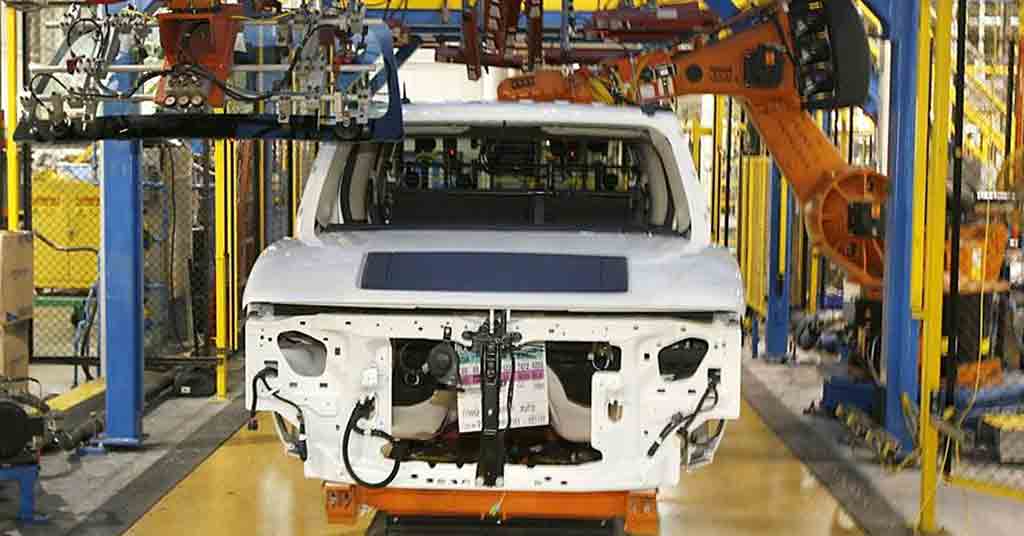Welcome To ChemAnalyst

Global automotive giant GM has announced its decision to suspend production at the CAMI assembly plant in Ingersoll, Ontario, starting in mid-October and continuing until spring of the following year. This move is prompted by a severe shortage of batteries required for the assembly of BrightDrop electric delivery vehicles. The repercussions of this decision are significant, affecting approximately 1,100 out of the 1,500 workers employed at the facility located outside London, Ontario. The abrupt shutdown places their lives and those of their families in a state of profound uncertainty.
The impending idle period for the CAMI facility, whose workforce operates under a separate contract from the rest of the Detroit Three's operations in Canada, comes on the heels of a two-week shutdown just three months ago, also due to a battery shortage. This announcement arrives less than a year after the launch of electric vehicle (EV) production at the plant. The CAMI plant experienced an extended shutdown in 2022 when GM shifted production of the Chevrolet Equinox from Ontario to Mexico in April of that year. Prior to that, in 2020, the plant was idled during the early months of the COVID-19 pandemic, and in 2021, it experienced repeated production halts and restarts due to a shortage of semiconductor chips.
Throughout much of 2022, CAMI workers had to rely on Employment Insurance, SUB pay, and food banks to make ends meet amidst a rising cost of living crisis. Many workers depleted their savings and incurred credit card debt just to survive. During this time, GM received $518 million in public funds from the governments of Ontario Premier Doug Ford and Prime Minister Justin Trudeau to facilitate the plant's transition to EV production.
Since reopening in December, CAMI workers have been on rotating shifts, alternating between two weeks on and four weeks off. As of the most recent update, the plant has only been receiving enough batteries to produce 25 vehicles per shift, despite having the capacity for up to 73. The facility has been relying on batteries assembled at the Ultium Cells plant in Lordstown, Ohio, but ongoing production issues at that plant have led to repeated battery shortages. To alleviate this dependency, a 400,000-square-foot battery assembly facility is currently under construction at CAMI. However, it is not expected to be completed and fully operational until the second quarter of 2024.
Unifor has enthusiastically endorsed substantial public funding for major auto companies in their transition to EV production, including recent commitments of $30 billion for battery plants to be constructed in southwestern Ontario by Stellantis and Volkswagen. However, the union leadership has made minimal efforts to support workers through the tumultuous process or to alert them to the impending job losses being planned. Additionally, Unifor champions economic protectionist policies favored by the ruling elites in the United States and Canada, seeking to monopolize the rapidly expanding EV market. These policies, including efforts to bring critical raw material supply chains onshore for EV production, are intrinsically linked to imperialist conflicts waged by Ottawa and Washington worldwide against rival great powers.
We use cookies to deliver the best possible experience on our website. To learn more, visit our Privacy Policy. By continuing to use this site or by closing this box, you consent to our use of cookies. More info.
